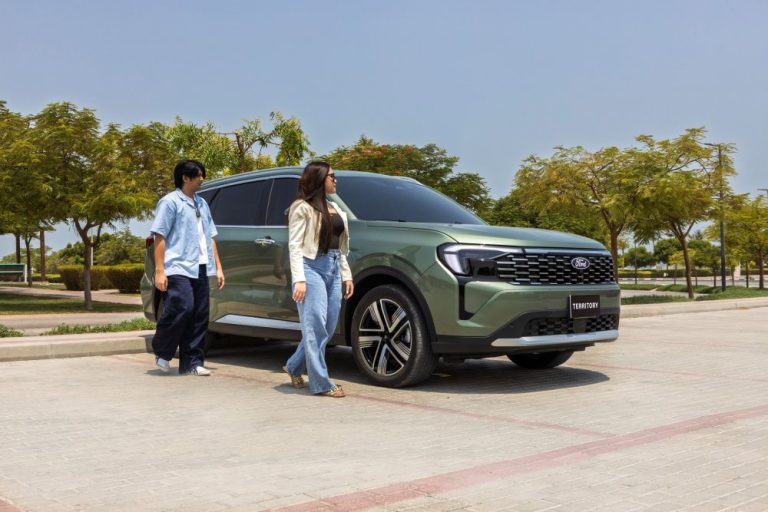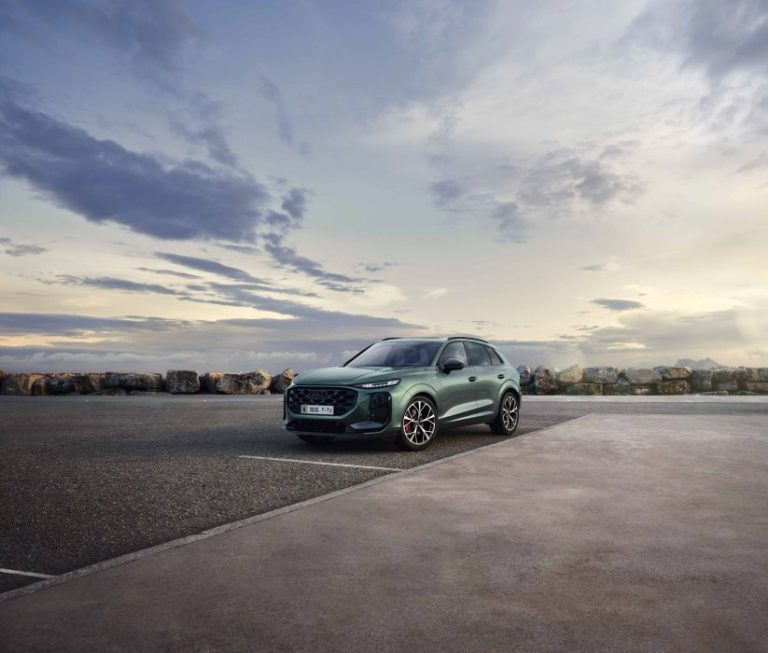Audi mulls U.S. plant as IRA subsidies draw carmakers

Audi may build a factory in the U.S. in light of the Inflation Reduction Act, it said, the latest company to consider investments in the country to take advantage of the offered under the Inflation Reduction Act (IRA).
The Volkswagen Group brand sold around 190,000 cars in the U.S. last year, accounting for 11 percent of its total sales.
Audi does not have a plant in the U.S. and is at present not eligible for tax incentives and subsidies offered under IRA for vehicles sourced and made in North America.
“The IRA has made building a U.S. plant for electric cars very attractive,” Audi CEO Markus Duesmann said in an interview with German newspaper Frankfurter Allgemeine Sonntagszeitung in comments that were later confirmed by the company.
Duesmann said that a decision had not yet been made but that the IRA made it far more attractive to build electric vehicles in the U.S. Asked whether Audi would build a plant itself or do so together with other VW brands, Duesmann said: “Both are possible. But the probability that we do it within the group is high.”
Duesmann’s remarks reinforce comments made in October to Automotive News by Oliver Hoffmann, head of technical development for Audi, who said the company was considering a U.S. assembly plant in the U.S.
Audi plans to produce electric cars in all its locations globally by 2030, with no new combustion-engine models to be introduced beyond 2026.
The $430-billion IRA was passed last August and offers subsidies and tax incentives for a swathe of domestically produced green industry products, including a $7,500 consumer tax credit to buyers of North American-made electric vehicles. It also includes a restriction on battery minerals and component sourcing to the region, in an attempt to phase out Chinese inputs.






